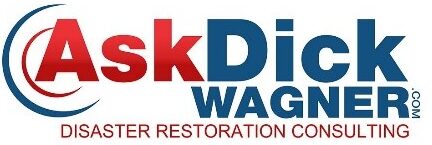Why pricing is so important to the perception of value! In the land of commerce, pricing strategy is a…
In the digital age, podcasts have gained immense popularity, providing a platform for individuals to share their thoughts, experiences, and…
So many times, companies hire simply because their name is well known. Most professional athletes have a coach or advisor.…
How do you compete if you’re ‘the same’ as competitors. Differentiation in our extremely crowded marketplace is a business essential,…
You’ve seen the signs, posters, and billboards –are you going to get in one program? You’ve probably seen the signs…
The wrong one will bite you in the XSS. There has been a massive effort by SEO (Search Engine Optimization)…
Do you want to be average or exceptional? Most are reaching for the star, but few ever get there! Average…
How Excessive Options Overwhelm Consumers In a world characterized by rapid advancements and technological progress, the area of client…
It’s their awareness of “body language” on steroids In the modern era, video calls have become an integral…
Conventional wisdom, the commonly accepted beliefs or opinions held by a majority, has long been regarded as a cornerstone of…
